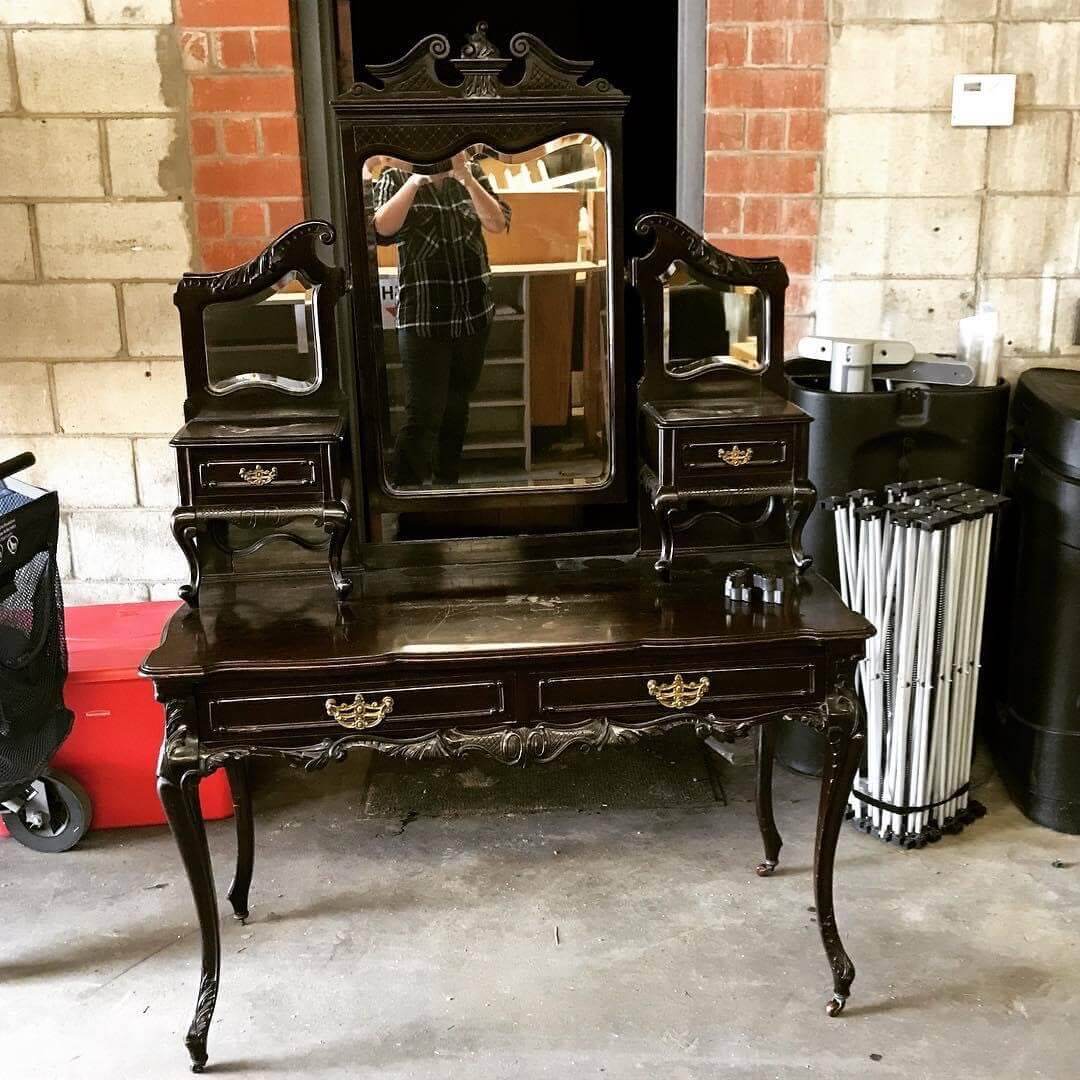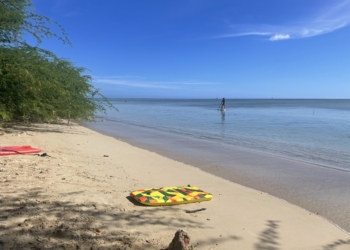What’s the best deal of your life? As a newly-minted Navy lieutenant with five-figure dental school loans, a four-digit savings account, and a not-yet-employed spouse, my husband plucked a mint condition set of dress blues from the Great Lakes Naval Training Command Thrift Shop. For the next three years, his $30 uniform netted him accolades for his “squared away” appearance at command-wide uniform inspections.
Our bargain pales in comparison to buying an original copy of the Declaration of Independence for $2.48 — that happened at a Tennessee thrift store in 2007 — but it was a major “find” for a cash-strapped military family. No matter whether you are hardwired to pick up pennies or prefer a quick purchase over bargain hunting, most everyone has their own “best bargain” story seared into their memory.
Here are a few favorites from military families:

PCS dumpster diving
Marine Corps spouse Amber Sanders has a penchant for finding bargains tossed to the curb in military housing communities. Using curbside freebies, Sanders furnished her guest bedroom — complete with bed and new mattress, dressers, and nightstands. She salvaged tool boxes, chainsaws, cleaning supplies, children’s clothing, and more. “When people PCS, they tend to put anything on the curb they can’t take with them. You literally can find anything on the curb,” Sanders, whose best finds came aboard Camp LeJeune, said. “Living next to a military base, you find a ton of more free stuff than you do not living next to one.”
Like a prayer
Navy spouse Emily Walters loves a second-hand bargain. Her best find was an 1851 prayer book purchased for $1 at a Saratoga, New York, yard sale. This book and a 1738 first edition of “Cruden’s Concordance of the Holy Scriptures,” which Walters found for $60 at Half Price Books online, were gifts for her mother, who collects old texts. The nearly 300-year-old religious text is valued at an estimated $1,000.

Luxury on a dime
A luxury hotel for as little as $54 a night in the heart of Tokyo, one of the world’s most expensive cities, is retired Army spouse Stephanie Montague’s favorite travel bargain. Complete with an indoor pool and saunas, plus seven restaurants and bars, the New Sanno “would cost a small fortune to stay there if it were a civilian hotel,” Montague said.
Montague, an expat living in Rota, Spain, with her Army retiree husband Michiyo, runs the travel website Poppin Smoke. She says the best travel deals come from using military benefits — Space-A flying, Space-A lodging on military bases, and military recreational facilities.
Money growing on trees
You may think “money doesn’t grow on trees,” but Air Force spouse Andi Wrenn begs to differ. When Wrenn and her late-husband Chris purchased 138 acres of North Carolina forestry land in 2013, they knew they scored a bargain.
Their per-acre price cost about 40% less than nearby land. Their bargain is now more valuable with time. When a cell tower is built on the property this summer, the telephone company’s monthly lease payments ultimately may total more than the acreage’s original price tag. Additionally, the first tree thinning could net Wrenn more than $40,000. “My grandpa, who went through the Great Depression, taught me to be thrifty,” Wrenn explained.
Recycle that trash
Air Force veteran Katelyn Tinsley, founder of Homefront Room Revival, built a nonprofit based on recycling trash into treasure for airmen and military families in need. When she pulled an 19th-century English vanity from the curb at Seymour Johnson Air Force Base in North Carolina, the antique became the centerpiece of an auction to raise funds for the nonprofit.
Tinsley’s favorite upcycling story features an antique 7-foot knight statute that was transformed into the “Grinch” as part a holiday project. “When we went to add tinsel inside his helmet to jazz him up with holiday spirit, a bird flew out of a nest in the helmet, half attacking us and nearly giving us a heart attack!”
Born saver
A “born saver,” family financial expert Ellie Kay creates her own bargains online. Kay’s go-to money-saving move is to abandon an item in a retailer’s “shopping cart,” generating an email offering her a better deal — typically a 15% off coupon.
Kay’s biggest money-saving deal was through her passion for couponing. Decades ago, Kay created her own version of cash-back couponing apps Ibotta and Fetch. Every time she shopped with coupons, Kay deposited an amount equal to what she saved into her savings account. Over the course of her husband’s 20-year Air Force career, her coupon-savings account grew to an eye-popping $160,000. “Through my couponing, we paid for all five of the Kay kids’ weddings,” she said.







































